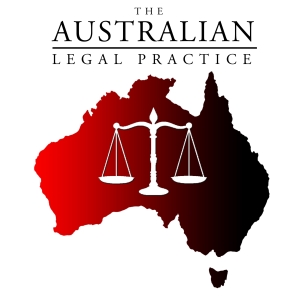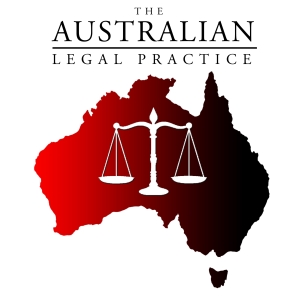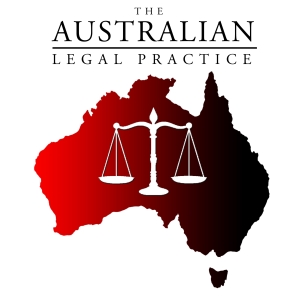Introduction
When parents separate, one of the most crucial decisions they must make is how to best care for their children. Parenting orders are legal decisions made by the court regarding the living arrangements, care, and contact for children after a family breakdown. These orders provide clarity and enforceable guidelines to ensure the child’s welfare and long-term stability.
What are Parenting Orders?
A parenting order is a court order that outlines where and with whom a child will live, how much time they will spend with each parent, and any other arrangements related to the child’s wellbeing, such as schooling, medical care, and holidays. These orders are made by the Family Court of Australia, or the Federal Circuit Court, in the best interests of the child, based on the principle that children benefit from having a meaningful relationship with both parents, provided it is safe and suitable for the child.
Parenting orders can be made for children under the age of 18 and are legally binding. If a parent fails to comply with the terms of the order, they could face legal consequences, including fines or changes to the order itself.
Types of Parenting Orders
Parenting orders can vary depending on the family situation and the child’s needs. There are several key types of parenting orders:
- Residence Orders – A residence order determines where the child will live. It can specify that the child will live with one parent, or it may outline shared living arrangements. The child may live primarily with one parent, while spending time with the other, or the parents may alternate custody based on a schedule.
- Contact Orders – These orders outline the time a child spends with each parent, especially when they live in different households. The order can specify when and how long visits will take place, and whether the visits will be supervised or unsupervised.
- Specific Issues Orders – These orders relate to particular decisions regarding the child’s care, such as schooling, medical treatment, or religious upbringing. If parents are unable to agree on a specific issue, they may seek a specific issue order from the court.
- Child Maintenance Orders – These orders outline financial contributions for the child’s care, such as child support payments, and can be established separately from the parenting arrangements.
The Process of Obtaining Parenting Orders
When parents are unable to reach an agreement about parenting arrangements, they can apply to the Family Court or the Federal Circuit Court for a parenting order. Before making an application, parents must attend family dispute resolution (FDR), unless an exemption applies. This step is designed to help parents come to an agreement without the need for litigation.
If FDR does not result in an agreement, the application can be filed in court. The court will then make its own decision based on the child’s best interests. The factors the court will consider include:
- The child’s relationship with both parents and other important individuals in their life.
- The child’s safety, including any risks of harm.
- The parents’ capacity to provide for the child’s emotional, educational, and physical needs.
- The child’s views, depending on their age and maturity.
- The impact of any changes in the child’s circumstances
What Do Parenting Orders Mean for Your Child’s Future?
Parenting orders provide a framework for children to maintain meaningful relationships with both parents while ensuring their safety and wellbeing. These orders offer the following benefits:
- Stability and Certainty – Parenting orders provide clear guidelines for both parents, giving children a sense of stability. The consistency of a set schedule, agreed-upon arrangements for special events, and regular visits with both parents help children feel secure during a difficult transition.
- Protection from Conflict – When parents are unable to communicate effectively or cooperate, parenting orders set a legal foundation that can reduce disputes. By outlining the terms of care and contact, the order can minimise conflicts and help parents focus on what is in the child’s best interests.
- Enforceability – Parenting orders are enforceable by law. If one parent is not following the terms set out in the order, the other parent can apply for enforcement through the court. This legal backing provides a sense of accountability and encourages compliance with the order.
- Parental Guidance and Responsibility – A parenting order can help parents understand their responsibilities and their rights regarding decision-making and contact. The order can also provide guidance on resolving any future disputes, and it can be modified if necessary, to adapt to changing circumstances in the child’s life.
Can Parenting Orders Be Changed?
Yes, parenting orders can be changed if circumstances change or if the current order no longer reflects the child’s best interests. For example, if one parent moves interstate, or if the child’s needs evolve as they grow older, a variation application can be made to the court. However, it’s important to note that any changes to the order must be approved by the court to ensure they continue to serve the child’s best interests.
How to Ensure the Best Outcome for Your Children
The court’s primary consideration when making parenting orders is the child’s best interests. To ensure the best outcome for your children, it’s important to:
- Maintain open communication with your co-parent: Even after separation, it’s crucial to be willing to negotiate and cooperate in the child’s best interests.
- Prioritise the child’s wellbeing: Avoid involving children in parental conflicts and ensure they have access to both parents, unless there are safety concerns.
- Seek professional support: Family lawyers, mediators, and child psychologists can provide valuable assistance in navigating the complexities of parenting orders, ensuring the child’s needs are met, and avoiding unnecessary conflict.
Conclusion
Parenting orders are vital tools for providing clarity and security for children of separated or divorced parents. They offer stability and protect the child’s welfare, ensuring that both parents play a meaningful role in their lives. While the process of obtaining a parenting order may feel overwhelming, it is ultimately aimed at securing the child’s future and ensuring that their needs are met in a fair and balanced way.
By understanding the scope and purpose of parenting orders, parents can approach the situation with greater confidence, working toward an outcome that promotes their child’s long-term happiness and wellbeing.








